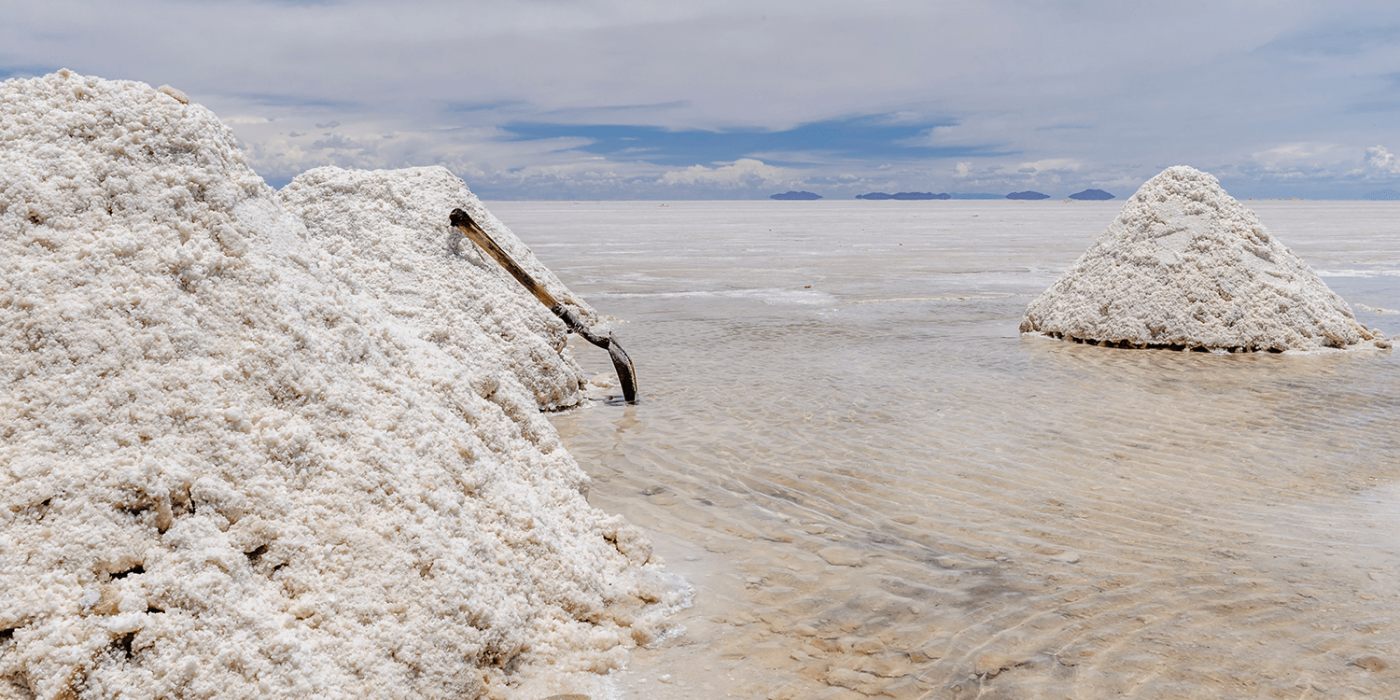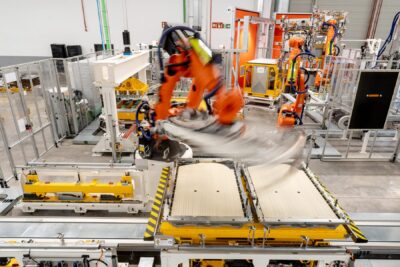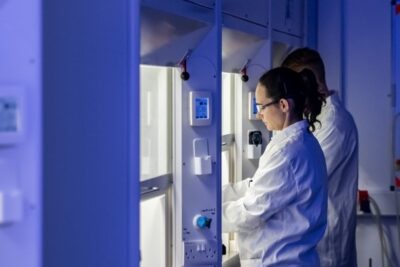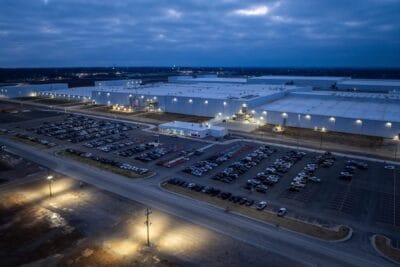CATL is planning two lithium plants in Bolivia
The Chinese battery giant CATL plans to invest €1.27 billion to develop Bolivia’s large but largely untapped lithium deposits. And CATL has the backing of the Bolivian government to build two plants to extract lithium from brine.
Bolivian President Luis Arce confirmed that CATL could extract minerals from the country’s salt lakes in Uyuni and Oruro. According to the country’s energy ministry, construction of both plants could begin as early as July, with total investment during the project’s industrial process rising to around $9.9 billion (€9.0 billion). And Acre tweeted that CATL would “evaluate the possibility” of increasing investment by 2028.
In January, Bolivia’s state-owned lithium company Yacimientos del Litio Bolivianos (YLB) signed a partnership agreement with a Chinese consortium. This agreement is now considered the basis of the announcement: To that end, CATL would invest more than $1 billion (currently €910 million) during the first phase of the project in return for the rights to develop the two lithium plants, each of which could produce up to 25,000 tonnes of battery-grade lithium carbonate per year.
CATL does not currently produce lithium but has invested in several Chinese projects. With the projects in Bolivia, CATL would enter the raw material supply chain directly, like its domestic competitor BYD. At present, it is unknown in which CATL plants the Bolivian lithium will be processed – for example, in China or North America.
In October 2019, Bolivia’s government stopped a joint venture for lithium extraction with the German company ACI Systems Alemania (ACISA) by decree. In 2021, there was a rapprochement again, but the project has not yet been implemented.
Bolivia has about one-third of the world’s lithium reserves. Most of it lies in the Salar de Uyuni, the largest closed lithium deposit in the world. Attempts to extract the lithium deposits in Bolivia on its own following the cancelled ACISA contract have only yielded smaller production volumes so far.





0 Comments